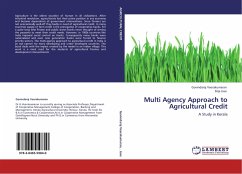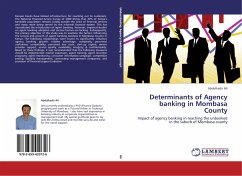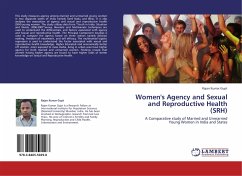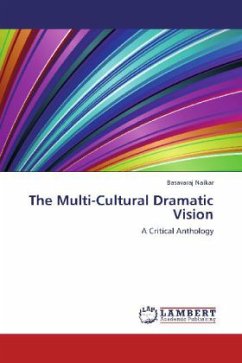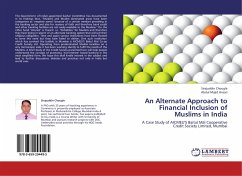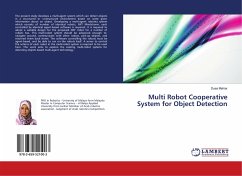Agriculture is the oldest vocation of human in all civilizations. After industrial revolution, agriculturists lost their prime position in any economy and became dependents of government interventions. Since farmers are not economically well-off they badly in need of agricultural credit. In many countries supply of farm credit is the prerogative of cooperative banks. For a quite long time Private and public sector banks never thought of serving the peasants to meet their credit needs. However, in 1960s countries like India imposed social control on banks. Consequently many banks were nationalized and even new generation banks were forced to finance priority sectors. The multi-agency approach to agricultural credit in India is an eye opener for many developing and under developed countries. The book deals with the impact created by the model in an Indian village. This work is a must read for the students of agricultural finance and development interventionist.

